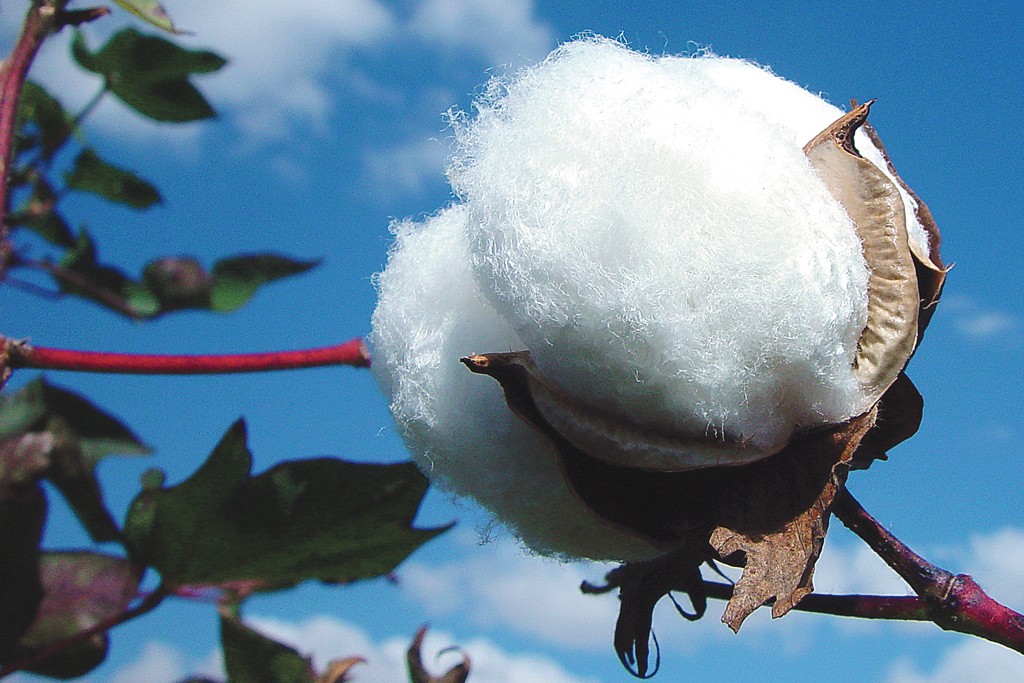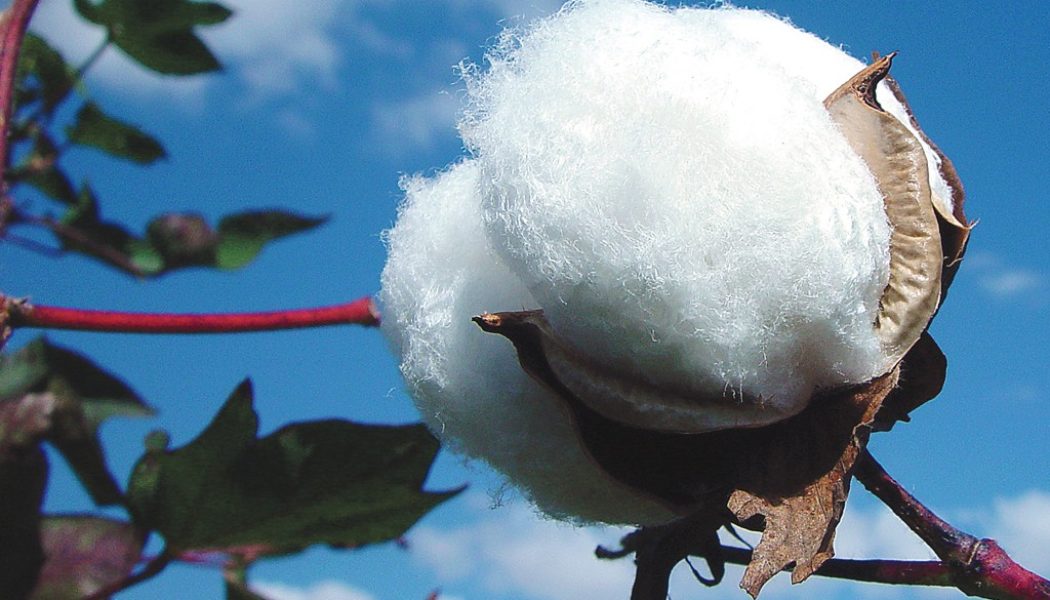
International human rights group Walk Free Foundation published its fifth edition of its Global Slavery Index Wednesday.
The index is produced using thousands of survivor insights collected via nationally representative surveys across 75 countries. The last report was published in 2018, trailing the joint publication of global modern slavery estimates alongside the International Labor Organization.
“Garments are an at-risk product in the imports of almost all of the G20 countries,” Elise Gordon, manager of global research at Walk Free, told WWD on the overarching findings. “There are obviously many other countries that are not as large, in terms of their economies, that are also importing at-risk garments and textiles.”
In what Gordon called a “conservative estimate,” some $147.9 billion was spent importing at-risk garments among 18 (out of a total 19) G20 countries, including the U.S., U.K., Mexico, France and Italy. Textiles, too, representing some $12.7 billion in imports, were among the top five more “at-risk” products imported for 13 countries, or the U.S., the U.K., France, Italy, Canada, Mexico, Germany, Brazil, Argentina, Australia, Indonesia, Japan and Russia.
“The clothing industry has doubled in size in the last 15 years or so, and this is really driven by the demand for fast fashion,” said Gordon. “We know that there is risk all along the supply chain for garments — be it the production of the silk or the cotton, the manufacturing or all the way to the packaging and delivering the products. There is sincere risk all the way along. We see this in the report.”
Where luxury falls in all this was a standout for Gordon.
“Our analysis found that across most metrics, luxury brands were being outperformed by other brands. It’s a common misconception that expensive brands make more ethical products,” she said. “Unfortunately, we don’t know why this is the case. It’s hugely disappointing because you would expect that since luxury brands have greater resources to put behind these mechanisms to protect workers in their supply chains that they would be more likely to do so. There’s potentially more reputational risk for these luxury brands as well.”
The index builds upon previous insights from the organization. In December 2022, Walk Free and WikiRate (an open-data platform that measures public ESG information) assessed 97 statements submitted by the top garment companies and their investors required to report under the Modern Slavery Acts of the U.K. and Australia. The analysis found that brands fell short of the requirements of the legislation and “largely failed” to address the specific modern slavery risks associated with the garment sector.
Silk cocoon cultivation, for instance, has been associated with forced labor in Uzbekistan, while in Myanmar, children are found in forced labor on rubber plantations. Tainted cotton has been detected in regions in Benin, Burkina Faso, China, Kazakhstan, Pakistan, Tajikistan, Turkmenistan and Uzbekistan.
Only 29 percent of assessed companies committed to providing a living wage to their supply chain workers. Using factory-level data (across 59 factories) from the global workers rights nonprofit Clean Clothes Campaign, Walk Free assessed the wage gap between the largest fashion players. The living wage gap for workers linked to luxury brands was “significantly higher” (at 53 percent), than for non-luxury brands (at 38 percent). This means that workers, on average, need to earn 40 percent to 53 percent more to meet their basic needs.
“We do contact companies that we list as having not submitted a statement at all, giving them the right of reply before publishing. We also share our findings with industry initiatives to drive awareness rather than alert companies to the publication,” said Gordon, underscoring that the data and methodology for the index is all publicly available.
As for the call-to-action for fashion, Walk Free advocates for tighter regulation, mirroring that of the German Supply Chain Due Diligence Act that mandates fines of up to 2 percent of a company’s annual revenue for labor violations. Only four countries – Australia, France, Germany and Norway – have introduced mandatory human rights due diligence or modern slavery laws since 2018.
“We need to see a large and quick shift in the current practices of businesses,” Gordon said.









